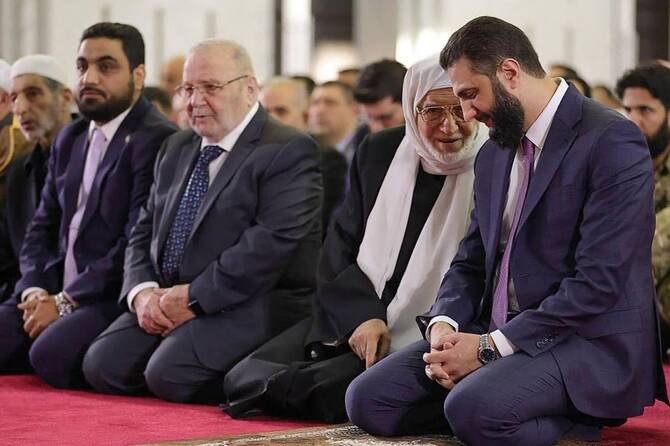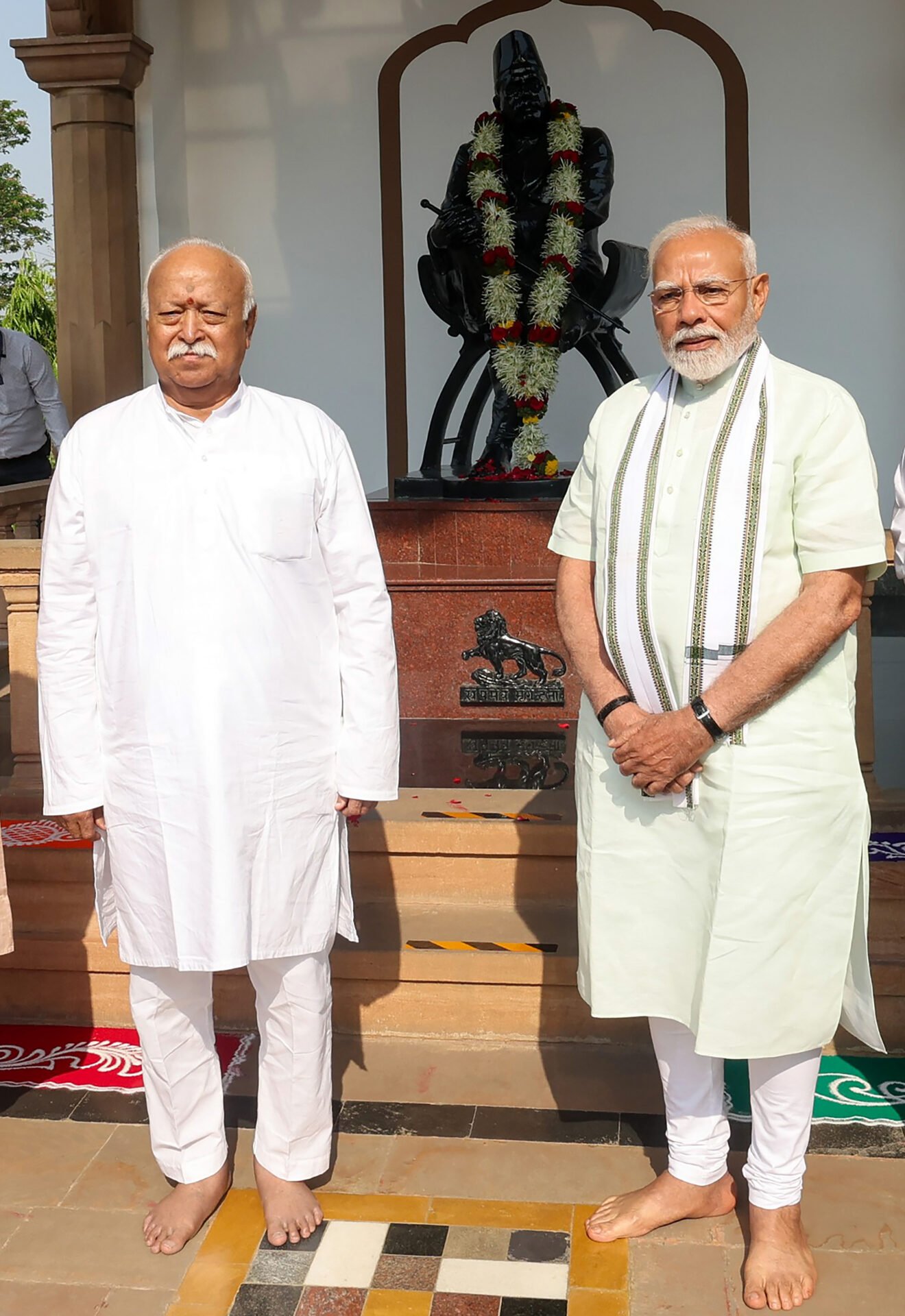[India], Mar. 22 (ANI): With the Bharatiya Janata Party (BJP) emerging victorious in Uttar Pradesh, it will be interesting to witness whether Prime Minister Narendra Modi will be able to complete the unfinished agenda of the saffron party and boldly tackle core issues like Article 370, the Uniform Civil Code and building the Ram Temple in Ayodhya before the next general elections.With the Congress effectively losing the electoral space to the BJP, an article written by Kalyani Shankar published in India Legal states that Prime Minister Modi has changed the narrative midway and the only social divisions he spoke of in his victory speech were those of class. He referred to the poor and the middle class tapping the simmering class anger against the rich. His new theme is “new India”, which is what he referred to in his victory speech.The article states that Prime Minister Modi’s narrative changed when Congress vice-president Rahul Gandhi had called his government a “suit boot ki sarkar”. Sensing the danger of this class divide, he changed his image from pro-rich to a champion of the poor. The November 8 demonetisation drive is one such move to reverse the perception and Prime Minister Modi very well succeeded in getting the support of the poor.”There is no leader today with a pan India acceptability who can take on Modi and the BJP in 2019. At this rate we might as well forget 2019 and start planning / hoping for 2024,” tweeted former Jammu and Kashmir chief minister Omar Abdullah soon after the results of the Uttar Pradesh Assembly polls.Declaring that the BJP will bring in a new India when the country turns 75 in 2022, Prime Minister Modi talked of the poor, the middle class and women in one go, thereby clearly defining his new constituencies instead of the old Bania-Brahmin castes which were the solid support base of the BJP.Article 370 requires Kashmir’s Muslim majority to give up the state’s special constitutional status, the Ram Temple requires Muslims to give up their Babri Masjid demand and the Uniform Civil Code requires them to change their personal law. With the Muslims having a stake in all three, the BJP is pushing these issues in a slow manner after having realized that this is a process that has to be gradual and democratic.The article further states that the BJP’s position regarding the Ram Temple is that it will abide by the court’s verdict or a compromise between the two communities.However, Union Culture Minister Mahesh Sharma has proposing a Ram museum in Ayodhya said this museum will be completed in time for the Lok Sabha polls.In addition, RSS ideologue MG Vaidya has also said that the NDA Government after the BJP’s victory in Uttar Pradesh should bring a law for the Ram Temple construction if the Supreme Court fails to resolve the issue.With regard to Article 370, it seems the BJP is stuck courtesy its alliance with the PDP in Jammu and Kashmir. The BJP, which is the PDP’s coalition partner in Jammu and Kashmir, has accepted a common minimum programme which does not mention Article 370. Therefore, the BJP cannot mobe ahead in this regard as long as the coalition continues.Moreover, the BJP may adopt a fast-forward approach on the Uniform Civil Code, which was one of its promises in the 2014 manifesto.Religious minority groups have, however, opposed it and said that it would interfere with their codes of conduct.The article further states that the Law Commission, which has embarked on a gigantic exercise of inviting public opinion on the issue, has sought to dispel fears raised by Muslim and Christian groups while assuring that personal laws will not be touched “beyond the extent permitted by the constitution”.The Law Ministry is even planning to launch a TV channel to discuss important legal issues like the Uniform Civil Code, which is currently gathering momentum on two issues. The first is triple talaq, which Muslim clerics want to retain. The second is polygamy. The BJP feels that through polygamy Muslims multiply faster and at some point, become a majority.Triple talaq is an achievable target and has the potential to get the support of Muslims, particularly young women. The BJP feels that young Muslim women have voted for the party in Uttar Pradesh because of the Prime Minister’s stand on the issue.”Is it fair for a man to say talaq thrice over the phone and a Muslim woman’s life to be ruined? The government will ensure that constitutional rights of Muslim women are protected. This issue shouldn’t be politicised. There are some political parties which are indulging in vote bank politics and don’t want Muslim women to get their natural rights,” Prime Minister Modi had asked before the polls.Stating that electoral reforms too need attention, the article says that the first acid test for Prime Minister Modi, who has been talking of simultaneous polls to the Lok Sabha and assemblies, will be the presidential and vice-presidential elections in July.The saffron party’s spectacular show in Uttar Pradesh might have bridged the gap for a victory for the BJP candidate. The NDA now has a vote value of nearly 5.32 lakh votes in the electoral college of the presidential elections, just about 17,500 short of a majority. If the BJP manages to gain support from the Biju Janata Dal (BJD) and the AIADMK, it will take the vote value to 6,28,195, much higher than the required 5,49,442 for a win.The electoral college for the presidential election comprises of 4,896 legislators-776 members of the parliament and 4,120 MLAs. The value of each vote of an MP has been fixed at 708, while that of an MLA depends on the population of the state he represents. The BJP can elect the vice-president on its own strength.At present, the BJP has 56 seats in the Rajya Sabha, while the Congress is still the largest party with 59 members. This situation will change as more BJP members come to the House but it may have to wait as only 10 out of UP’s 31 Rajya Sabha seats will come up for re-election before the 2019 elections.Eyeing upon exploiting the present situation and taking the country and his party forward in the coming two years unless something unforeseen happens, Prime Minister Modi may reshuffle his Cabinet after the current parliament session ends and induct new faces.(ANI)








